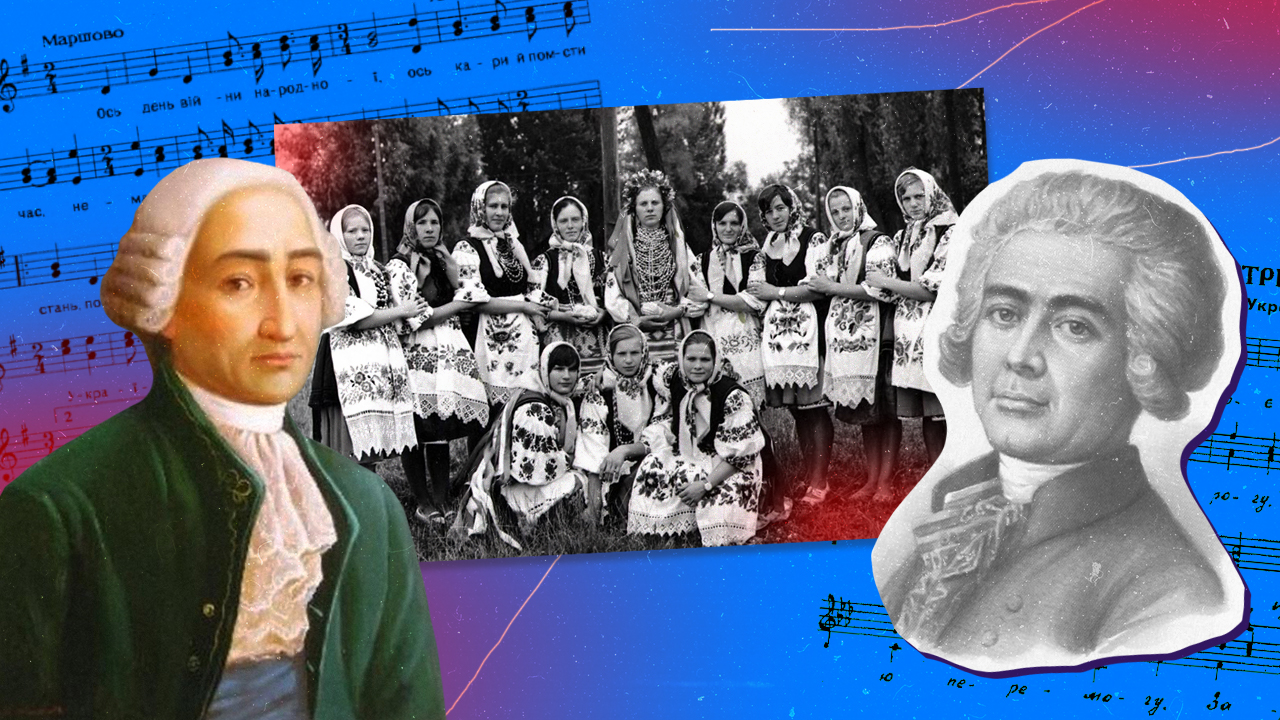It’s not uncommon for Russia to steal things, being hungry not only for blenders and frying pans, but also for our Ukrainian great minds and artists, and even our history and culture.
They use them like every other empire does with its colonial resources. Music is not an exception. In this article, we will talk about how Russia stole separate melodies, songs without rewriting the lyrics, and sometimes even operas and composers, with compositions, made based on stolen material that become at least viral Russian “folk” songs, if not propaganda songs… up to Soviet and Russian anthems! So, let’s take a look at the most blatant examples of Russian plagiarism without myths or twists.
Translators: Yurii Lishchuk / Viktoriia Volosheniuk


